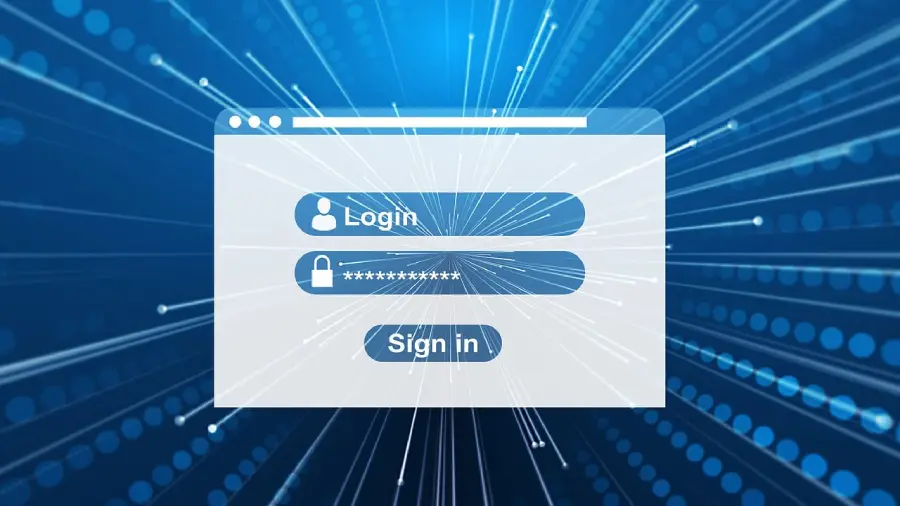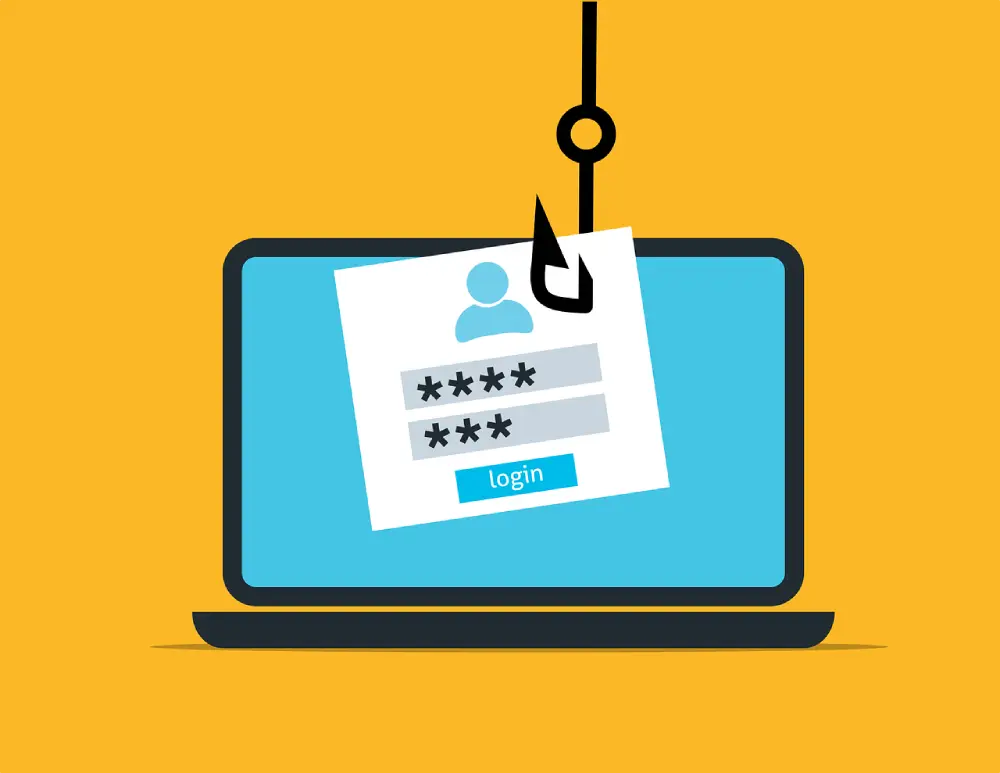The Importance of Complex Passwords and the Time it Takes to Crack Them
In today’s digital era, safeguarding our online accounts is paramount. One of the most effective ways to achieve this is by utilizing strong passwords. A strong password is not only difficult to guess or crack but also boasts an optimal length. Let’s explore the significance of strong passwords and gain insights into the time it takes to crack them based on their length.

The Significance of Strong Passwords:
Strong passwords play a crucial role in protecting our online accounts from unauthorized access. They act as a robust barrier against various hacking techniques employed by cybercriminals. By incorporating a variety of characters, such as uppercase and lowercase letters, numbers, and symbols, strong passwords become significantly more challenging to crack. This complexity makes it arduous for hackers to employ automated tools and algorithms to gain access to our accounts.
Understanding the Time it Takes to Crack Passwords:
The length of a password is a critical factor in determining its strength. As passwords grow longer, the time required to crack them increases exponentially. Let’s examine the approximate time it takes to crack passwords of varying lengths, assuming an attacker is using a brute-force method:
1. 6-Character Passwords:
With only six characters, a password can be cracked relatively quickly, usually within seconds to minutes. While using a combination of letters, numbers, and symbols in a six-character password is better than using easily guessable ones, it is still relatively weak.
2. 8-Character Passwords:
Increasing the length to eight characters extends the cracking time significantly. It may take anywhere from hours to several days to break into such passwords. An eight-character password that includes a mix of uppercase and lowercase letters, numbers, and special characters provides a higher level of security.
3. 10-Character Passwords:
A ten-character password further enhances security. It can withstand cracking attempts for weeks to months before being compromised. This is because the increased length and complexity make brute-force attacks much more time-consuming and resource-intensive.
4. 12-Character Passwords:
A twelve-character password requires significantly more time and computational power to crack. It may take months to years, making it a strong defense against brute-force attacks. Using phrases or sentences as passwords, including spaces and special characters, further strengthens security.
5. 14-Character Passwords:
By increasing the length to fourteen characters, the cracking time extends even further. Cracking attempts on passwords of this length may take years to decades. Consider using a passphrase with a mix of uncommon words and symbols for maximum protection.
6. 16-Character Passwords:
A sixteen-character password presents an incredibly resilient barrier against cracking attempts. It can withstand attacks for decades to centuries, making it highly secure. Longer passwords, especially those with a combination of random characters and phrases, are virtually impervious to brute-force attacks.
Utilizing strong passwords is crucial for safeguarding our online accounts. The length of a password plays a significant role in determining its strength. As password length increases, so does the time it takes for attackers to crack them. By creating passwords with a variety of characters and optimal length, we can significantly enhance the security of our accounts, protecting them from unauthorized access. Remember, a strong password is an essential line of defense in the ever-evolving landscape of cybersecurity.
Conclusion:
In conclusion, the importance of strong passwords cannot be overstated. They act as the first line of defense in safeguarding our online accounts and sensitive information from malicious hackers. The length and complexity of a password play a crucial role in determining its strength. While a six-character password may be easy to remember, it is relatively weak and susceptible to brute-force attacks. On the other hand, longer passwords, such as twelve to sixteen characters, offer significantly higher security and resilience against cracking attempts.
To create a strong password, consider using a combination of uppercase and lowercase letters, numbers, symbols, and phrases. Additionally, avoid using easily guessable information, such as birthdates, names, or common words. Regularly updating passwords and using unique ones for different accounts further enhances security.
By adopting the practice of using strong passwords, we can significantly reduce the risk of unauthorized access to our accounts and protect our personal and sensitive data from falling into the wrong hands.
1. How can I create a strong password that is also easy to remember?
Creating a strong and memorable password involves using a mix of letters, numbers, symbols, and phrases. Consider using a phrase or sentence that is meaningful to you and adding complexity by using uppercase and lowercase letters, numbers, and special characters.
2. Should I use different passwords for different accounts?
Yes, using different passwords for different accounts is essential. If one password is compromised, having a unique password for each account ensures that your other accounts remain secure.
3. Can password managers help in managing strong passwords?
Yes, password managers can be incredibly helpful in generating and storing strong passwords for multiple accounts. They eliminate the need to remember complex passwords while enhancing overall security.
4. How often should I change my passwords?
It is advisable to change passwords regularly, at least every few months, especially for critical accounts like email and banking.
5. What other security measures should I consider besides strong passwords?
In addition to strong passwords, enabling two-factor authentication (2FA) whenever possible adds an extra layer of security to your accounts. Keeping your devices and software up to date with the latest security patches is also crucial in maintaining online security.
Remember, investing time and effort into creating strong passwords is a small price to pay for the significant protection they provide against potential cyber threats.
I hope you find this helpful!
Adams High Tech

